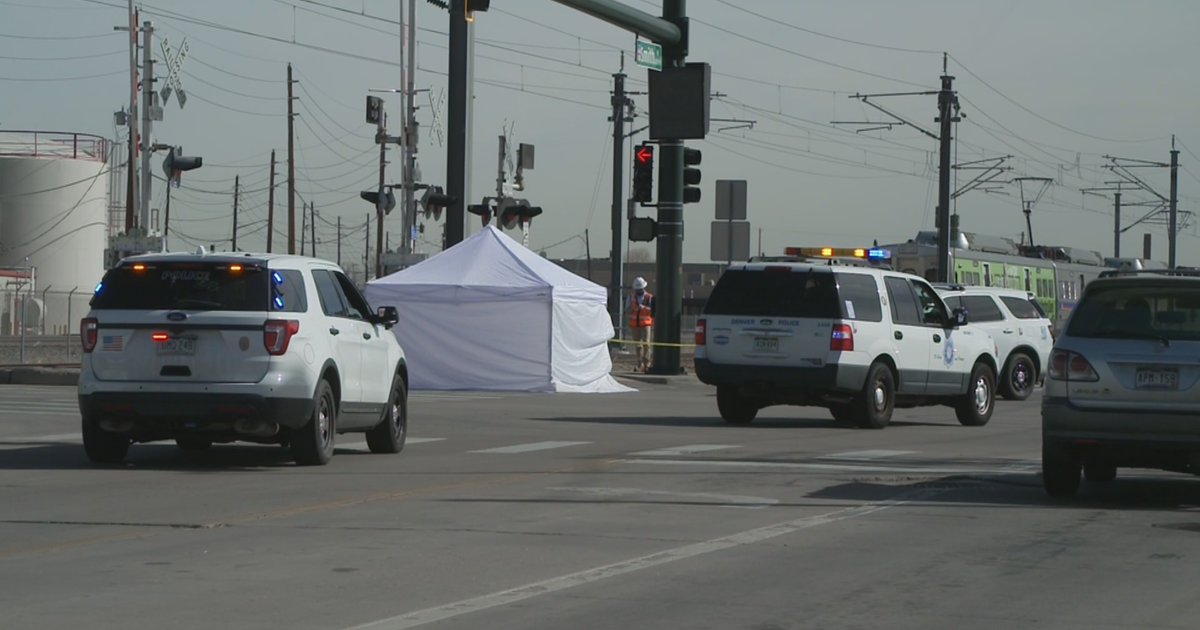Md.'s New Mandatory Police Training Program To Be Led By The Disabled
ANNAPOLIS, Md. (AP)--A Maryland commission formed in response to the death in custody of a man with Down syndrome plans to make people with intellectual and developmental disabilities the teachers in a mandatory, statewide police training program.
The panel's leader, national Special Olympics Chairman Timothy Shriver, says some of the training must be led by people the program aims to serve.
"We want the training to be conducted by people with intellectual and developmental differences," Shriver said in a telephone interview Wednesday. "To our knowledge, no state has accepted that challenge as a statewide challenge."
Panel members are meeting Thursday in Sykesville to begin shaping the training regimen. By year's end, they expect to produce a curriculum for use in police academies and in-service training for veteran officers.
The training, mandated by the 2014 General Assembly, stems from the death of Robert Ethan Saylor, 26, of New Market. Saylor suffered a fractured larynx and suffocated to death as three off-duty Frederick County sheriff's deputies, moonlighting as mall security officers, tried to forcibly remove him from a Frederick movie theater in January 2013. His offense: He hadn't purchased a ticket for a repeat viewing of "Zero Dark Thirty."
The death was ruled a homicide but a grand jury declined to indict. Amid an outcry from Saylor's family and national Down syndrome advocates, Democratic Gov. Martin O'Malley appointed a panel to make recommendations for greater inclusion of intellectually and developmentally disabled people in all aspects of society. Mandatory police training is the panel's first goal.
The counties of Baltimore, Howard and Montgomery already offer some such training through Crisis Intervention Team programs. CIT programs, in place in about 2,800 police agencies nationwide, teach officers to calm excited subjects instead of automatically using force.
The model was developed at the University of Memphis mainly for dealing with the mentally ill but the same techniques work with intellectually and developmentally disabled people, said Randolph Dupont, a criminologist and clinical psychologist at the school.
Dupont said the 40-hour CIT training regimen includes a day spent with the mentally ill. He said no state to his knowledge has mandated CIT training for all law-enforcement agencies.
Shriver said CIT training is valuable but it doesn't turn officers into the "agents of inclusion" he envisions in police agencies across Maryland.
(Copyright 2013 by The Associated Press. All Rights Reserved.)
Other Local News:







